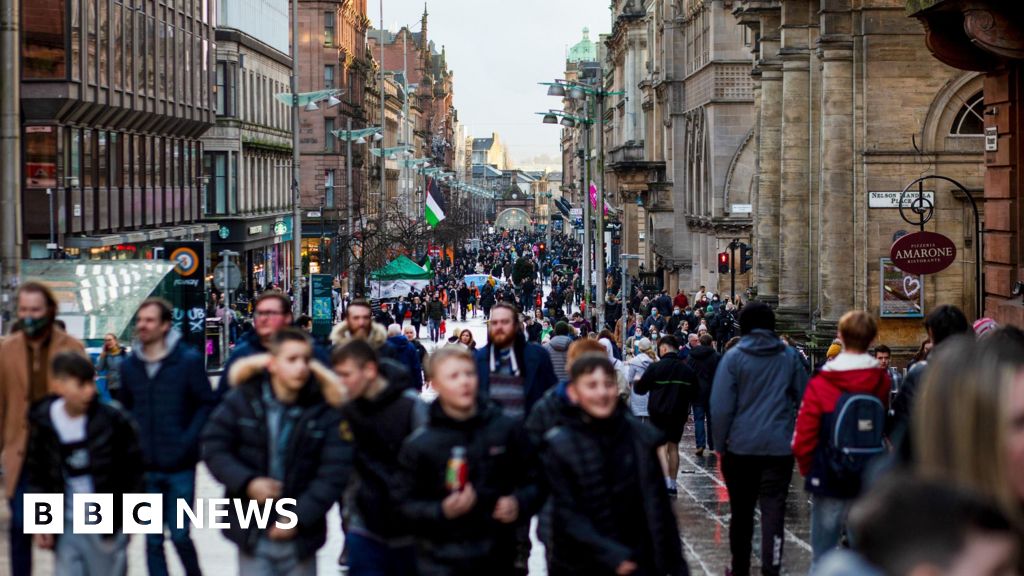Travel
Why free bus travel for asylum seekers matters – Scottish Refugee Council

Ministers will be urged to reverse a decision to scrap free bus travel for people seeking asylum.
The Scottish government abandoned plans for a national pilot in August as part of wider cuts to public spending.
Today the Scottish Greens, who previously pushed for the plans as part of a previous power-sharing deal, will use a vote at Holyrood to argue that the commitment should be restored.
Last year then-first minister Humza Yousaf announced that £2million had been set aside for the scheme, telling MSPs that it was the “next step in making sure that our transport system, our country is fair and accessible to all”.
However, the plans were scrapped nine months later after ministers were ordered to “constrain all but essential” spending to help pay for public sector pay deals.
Urging the government to rethink
Ahead of today’s debate, Scottish Refugee Council’s head of policy, communications and communities Gary Christie said: “People in the UK asylum process are prevented from working and some live on as little as £1.36 a day. Access to public transport would mean no longer having to choose between buying food or travelling to a doctor’s appointment.
“Public transport plays a vital role in ensuring access to education, health and essential advice services as well as allowing people to find support and connection – which is why everyone under the age of 22 and over 60 in Scotland have access to free bus travel.
“The initial campaign to extend this scheme to people seeking asylum, led by Maryhill Integration Network, offered hope to those living in poverty. This is an opportunity for ministers to honour their initial promise, so that Scotland can continue to pride itself on being a welcoming and supportive country for anyone who needs protection.”
Why do people seeking asylum need free bus travel?
People in the asylum system are unable to work under UK employment law.
The Home Office provides £49.18 per week, around £7 per day, for people in uncatered accommodation. Those in hotels get £8.86 per week, which is around £1.40 per day.
A First Glasgow day ticket is £5.60. The same ticket type for Lothian Buses costs £5.
Campaigners have told how extending free bus travel would prevent people from being faced with a choice between buying food or taking public transport.
The scheme would allow people in the asylum system to attend vital appointments with GPs and solicitors.
It also gives people easy access to language lessons and volunteering projects, which are vital in helping to prevent isolation and help people build support networks within their new communities.
Following a long campaign by refugee-rights organisations, led by Maryhill Integration Network, a 12-week pilot last year provided 150 asylum seekers in Glasgow with free bus travel last year.
One participant said that, before the pilot, they faced a “straight choice between eating and travelling”.
The successful city-wide pilot acted as a springboard for the Scottish Government to announce the national pilot.
What will tomorrow’s debate change?
While Scottish Government have been defeated on issues such as housing and rail fares in recent months, these motions are non-binding. This means that, even if the government are defeated today, they are not compelled to act.
However, there is pressure on ministers to find common ground with parties like the Greens ahead of this year’s Budget — which is reliant on opposition support to pass.
In the meantime, some people seeking asylum in Scotland are still eligible for other concessionary travel schemes, including those under 22 and over 60 years old, as well as those with disabilities.










